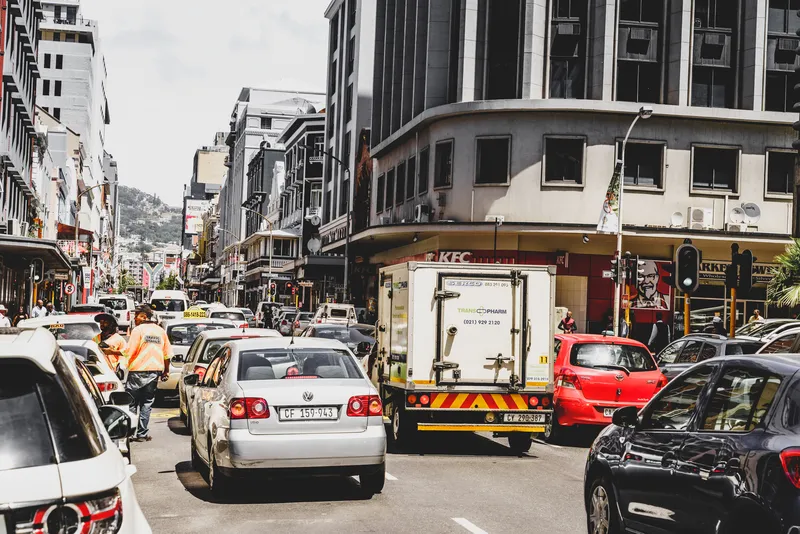Plans to convert hundreds of miles of UK motorway hard shoulder into permanent driving lanes should be scrapped while major safety concerns exist, the Government’s Transport Committee has said. In 'all lane running', the latest version of smart motorways, the hard shoulder is used as a live lane of traffic. Previous schemes have only used the hard shoulder at peak times or to deal with congestion.
The Committee did not agree with Government that this is an incremental change and a logical extension of
June 30, 2016
Read time: 2 mins
Plans to convert hundreds of miles of UK motorway hard shoulder into permanent driving lanes should be scrapped while major safety concerns exist, the Government’s Transport Committee has said.
In 'all lane running', the latest version of smart motorways, the hard shoulder is used as a live lane of traffic. Previous schemes have only used the hard shoulder at peak times or to deal with congestion.
The Committee did not agree with Government that this is an incremental change and a logical extension of previous schemes. It concluded that the permanent loss of the hard shoulder in all lane running schemes was a radical change and an unacceptable price to pay for such improvements.
With motorway traffic forecast to increase by up to 60 per cent by 2040, the Government sees smart motorways as a way of addressing this growth without incurring the costs of traditional motorway widening.
Chair of the Transport Select Committee, Louise Ellman MP, commented: "The permanent removal of the hard shoulder is a dramatic change. All kinds of drivers, including the emergency services, are genuinely concerned about the risk this presents.”
The Committee heard significant concerns about the scarcity, size and misuse of emergency refuge areas. It also heard about worryingly high levels of non-compliance with Red X signals and said levels of public awareness and confidence about using these motorway schemes are unacceptably low.
The Committee said the Government needs to demonstrate considerable improvement in this area, including more emergency refuge areas, driver education and enforcement, before the Committee will endorse the extension of a scheme which risks putting motorists in harm's way."
Plans are in place to permanently convert the hard shoulder into a running lane on around 300 miles of motorway.8101 Highways England has a programme of 30 all lane running schemes to the value of circa US$8 billion (£6 billion) over the next nine years. The Department may consider the matter settled but the Committee believes that argument has not been won.
In 'all lane running', the latest version of smart motorways, the hard shoulder is used as a live lane of traffic. Previous schemes have only used the hard shoulder at peak times or to deal with congestion.
The Committee did not agree with Government that this is an incremental change and a logical extension of previous schemes. It concluded that the permanent loss of the hard shoulder in all lane running schemes was a radical change and an unacceptable price to pay for such improvements.
With motorway traffic forecast to increase by up to 60 per cent by 2040, the Government sees smart motorways as a way of addressing this growth without incurring the costs of traditional motorway widening.
Chair of the Transport Select Committee, Louise Ellman MP, commented: "The permanent removal of the hard shoulder is a dramatic change. All kinds of drivers, including the emergency services, are genuinely concerned about the risk this presents.”
The Committee heard significant concerns about the scarcity, size and misuse of emergency refuge areas. It also heard about worryingly high levels of non-compliance with Red X signals and said levels of public awareness and confidence about using these motorway schemes are unacceptably low.
The Committee said the Government needs to demonstrate considerable improvement in this area, including more emergency refuge areas, driver education and enforcement, before the Committee will endorse the extension of a scheme which risks putting motorists in harm's way."
Plans are in place to permanently convert the hard shoulder into a running lane on around 300 miles of motorway.









